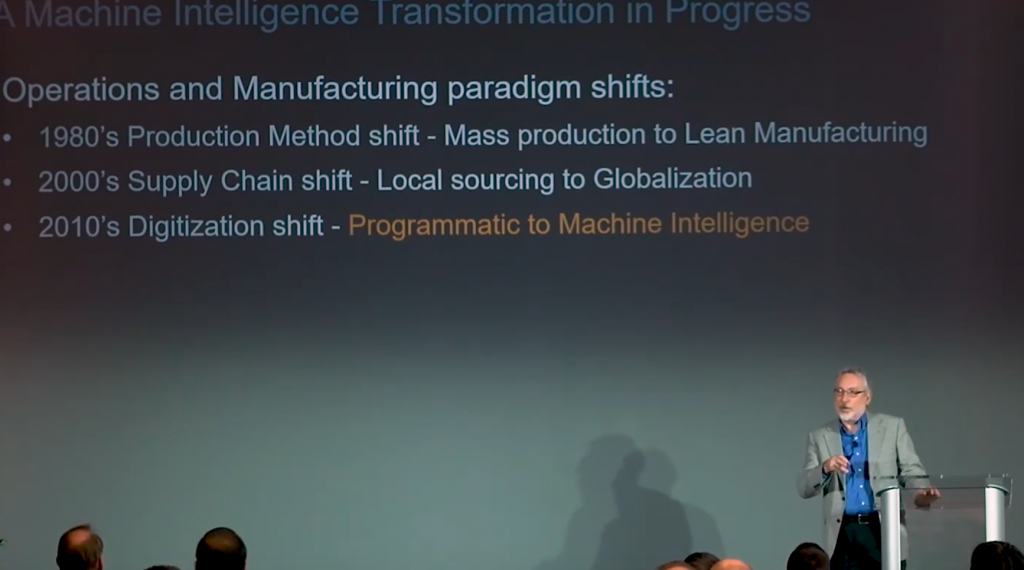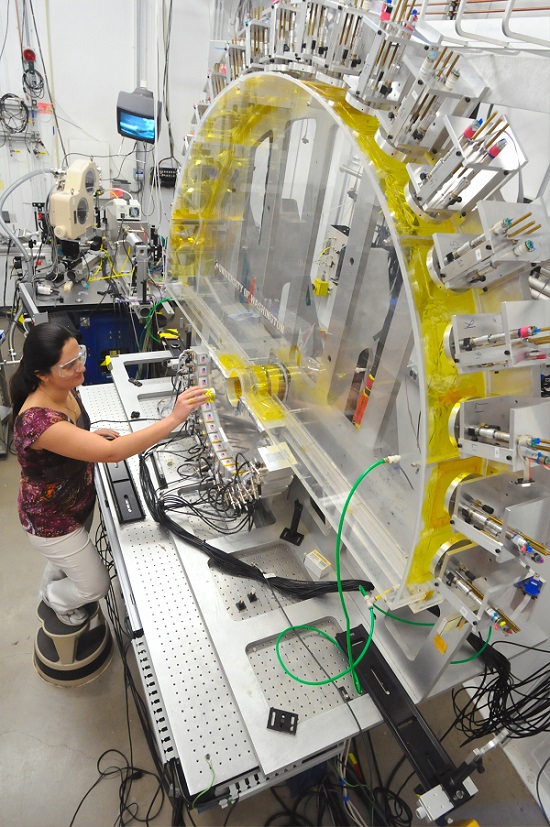An excellent article appeared recently in the MIT LGO Review e-newsletter, authored by LGO ’19 graduate Maria Emilia Lopez Marino, which addresses some of the practical challenges seen by many companies adopting or expanding their AI/ML capabilities in operations.
An excellent article appeared recently in the MIT LGO Review e-newsletter, authored by LGO ’19 graduate Maria Emilia Lopez Marino, which addresses some of the practical challenges seen by many companies adopting or expanding their AI/ML capabilities in operations.
Maria addresses three key challenges and corresponding recommendations for the implementation of predictive models in industry:
Challenge 1: Incorporating problem-specific input into the data preparation process
The value of incorporating a combined strategy of Ontology (terms in a domain and relationships among them) and Feature Engineering (expertise in selecting process and material attributes) in the data preparation process is highlighted. I am impressed with Maria’s insights here as I have observed a strong industry focus on Data Science where the need of Data Engineering to prepare for analysis is equally imperative. Maria correctly pin points this relevance.
Challenge 2: Spending too much effort (with diminishing returns) refining an overly sophisticated model
Here Maria identifies the delicate essential balance between defining, training and evaluating a machine learning model. She does this by focusing on quality measures for the algorithm and starting with simple models, building complexity only as needed to achieve the quality goals. Simply put, she is focusing on having a predefined ‘Definition of Done’ and not letting ‘the quest for perfect, get in the way of good’. I think this approach is especially important when newly applying and ramping analytics capabilities in an organization as the team needs to learn over time and evolve their skills.
Challenge 3: Designing a user interface for you model that is suitable for non-experts
In this challenge, Maria hits on the importance of the end users ability to use the ML Algorithms effectively … keeping in mind that, in operations, the end user is frequently an operator or technician, not a Data Scientist. In this year’s AI Trends, 2020 Predictions, I reference this as one of the key success factors of Holistic Adoption of Digital Transformation and AIOps.
Based on her award-winning MIT LGO thesis, Maria’s write up punctuates the relevance of these three challenges to organizations going through digital transformation and launching analytics programs in their operations applications. I recommend it as an essential read… https://lgoreview.mit.edu/machine-learning-beyond-the-hype/.



